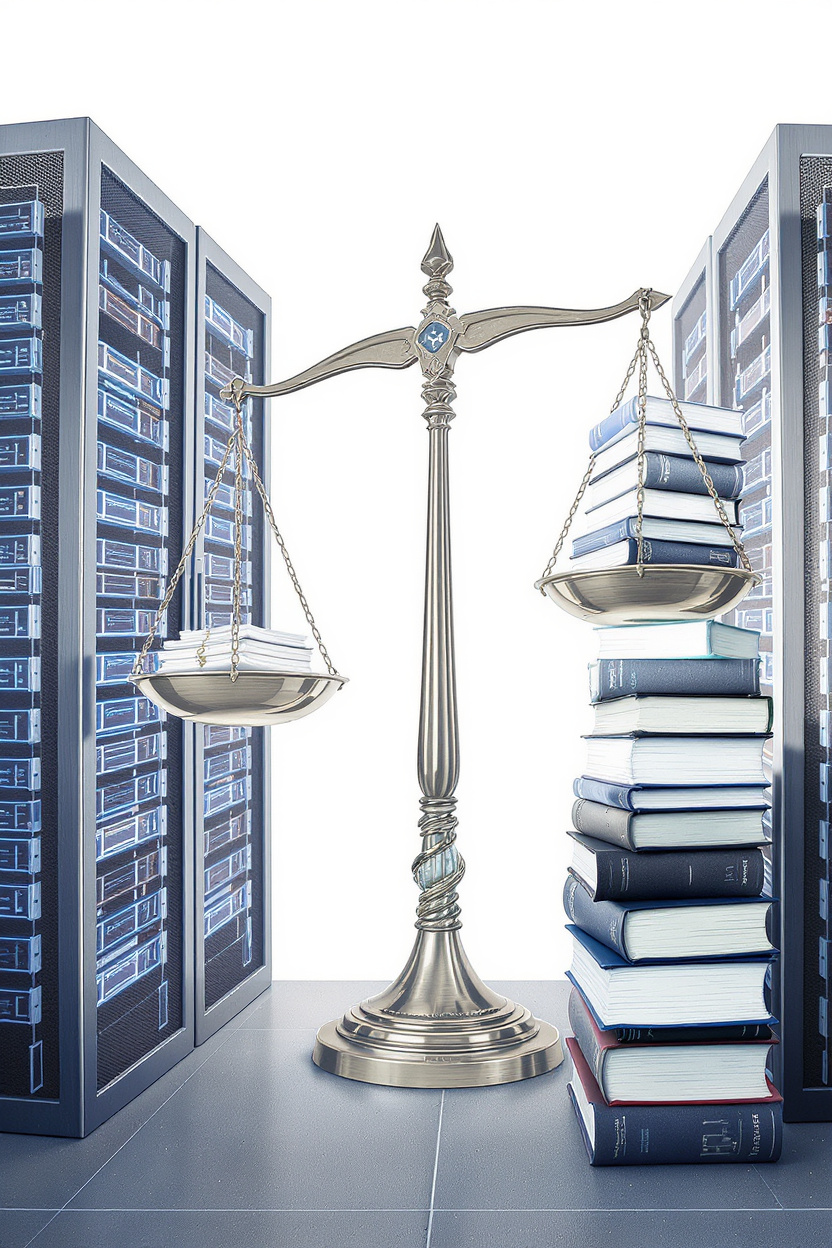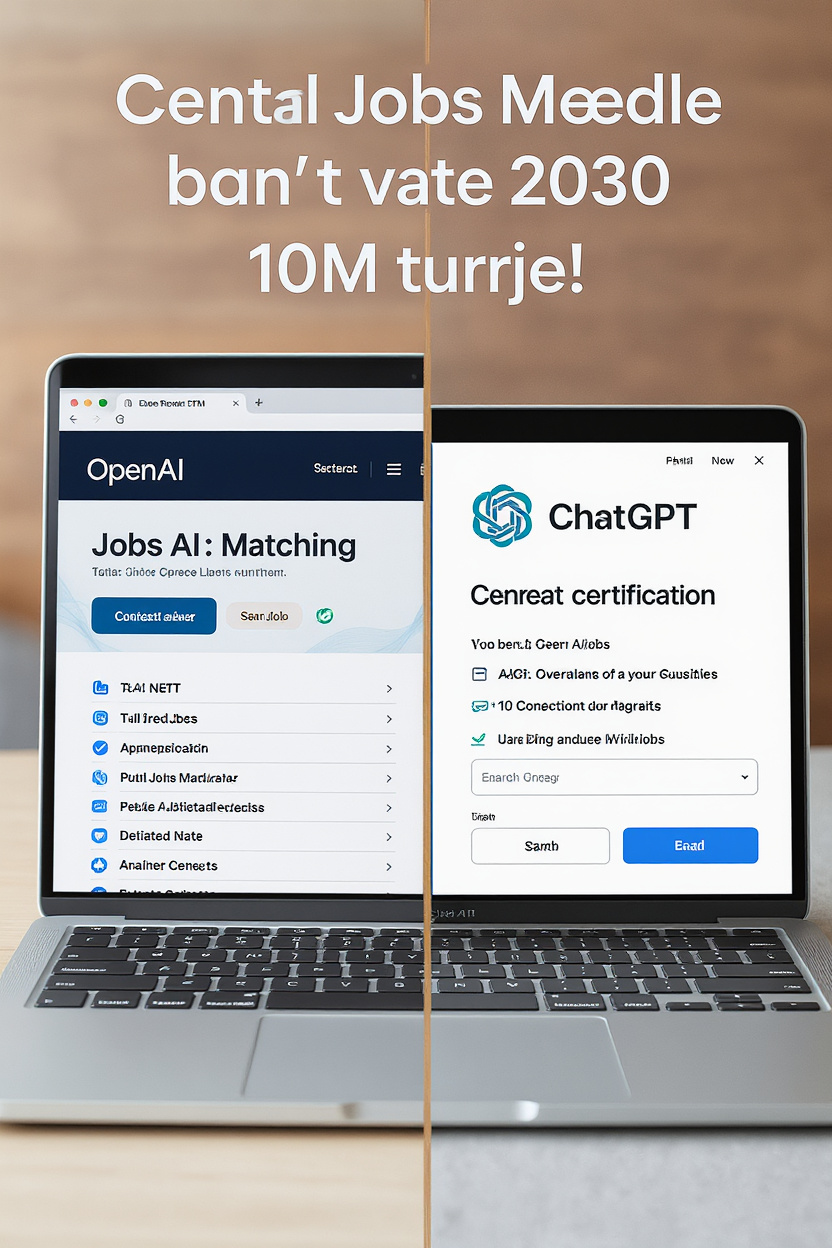Anthropic Agrees to Pay 1.5 Billion Dollars to Settle Copyright Infringement Lawsuit With Book Authors
Artificial intelligence company Anthropic has agreed to pay 1.5 billion dollars to settle a class-action lawsuit brought by book authors who alleged the company used pirated copies of their works to train its chatbot technology without authorization or compensation.
The landmark settlement, pending approval by a judge as early as Monday, represents one of the largest financial resolutions to date in the ongoing legal conflicts between AI companies and creative professionals over copyright infringement claims.
A Pivotal Moment in AI Copyright Disputes
The case against Anthropic has been closely watched by industry observers as a potential bellwether for how courts will handle similar disputes involving generative AI systems and intellectual property rights. Authors in the class-action suit claimed that Anthropic, which develops the Claude chatbot, incorporated pirated versions of their copyrighted books into its training datasets without seeking permission or providing compensation.
This settlement could establish important precedent as writers, visual artists, and other creative professionals increasingly challenge AI companies over the use of copyrighted materials in training large language models and other generative AI systems. Several similar lawsuits remain active against other major AI developers, including cases involving visual artists and news organizations.
Implications for the AI Industry
The 1.5 billion dollar figure represents a substantial financial commitment and may signal a shift in how AI companies approach data sourcing and copyright compliance. The settlement could prompt other AI developers to reassess their training data practices and potentially seek licensing agreements with content creators rather than risk costly litigation.
Legal experts note that this resolution may encourage additional settlements in pending cases while also providing a framework for valuing copyrighted content used in AI training. The outcome could influence ongoing debates about fair use doctrine as it applies to machine learning and whether training AI systems on copyrighted works constitutes transformative use under copyright law.
The settlement awaits final court approval, which could come as soon as this week. If approved, it will mark a significant development in the evolving legal landscape surrounding artificial intelligence and intellectual property rights.




